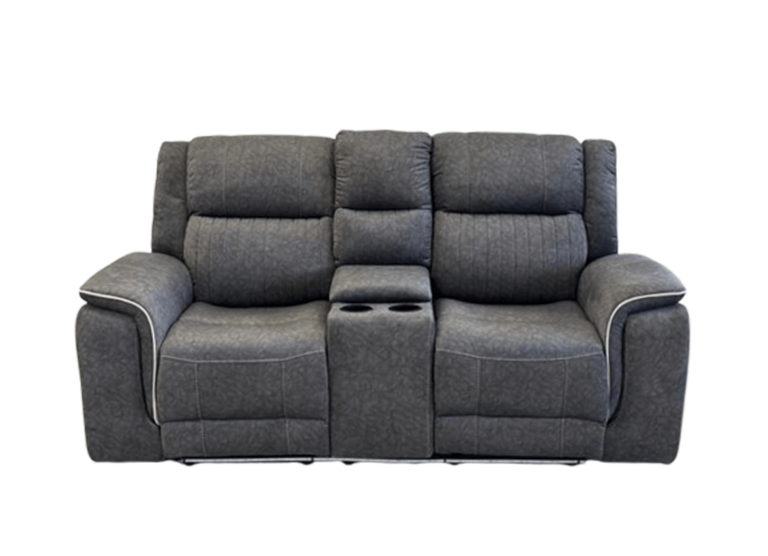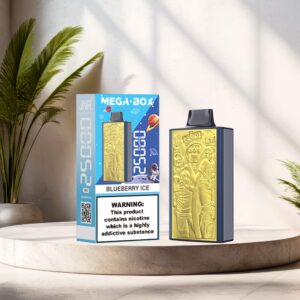The automotive industry has been at the forefront of adopting innovative technologies to enhance manufacturing processes, improve product quality, and drive sustainability. One of the most transformative technologies to emerge in recent years is 3D printing, which has revolutionized how car manufacturers design, prototype, and produce parts. By enabling greater customization, faster production times, and more efficient use of materials, 3D printing is reshaping the automotive industry in profound ways. This article explores how 3D printing is enhancing efficiency in the automotive industry, focusing on design optimization, supply chain management, cost reduction, and sustainability.
Revolutionizing Car Design and Prototyping
The traditional car design and prototyping process can be time-consuming and costly, often requiring the creation of numerous physical prototypes before arriving at the final design. With 3D Printing in Automotive Industry, manufacturers can create highly accurate prototypes in a fraction of the time, allowing for rapid iterations and improvements. The ability to print complex, detailed components directly from digital designs means that designers can experiment with new ideas without the limitations of traditional manufacturing techniques.
Moreover, 3D printing in the automotive industry enhances collaboration between design teams and engineers. Designers can now quickly print prototypes of parts and test them for functionality, fit, and form, identifying potential issues before production begins. This accelerated prototyping process not only speeds up the overall development cycle but also reduces the costs associated with traditional tooling and materials. As a result, car manufacturers are able to bring innovative designs to market more efficiently, staying ahead of their competitors.
Improving Manufacturing Efficiency
One of the most significant benefits of 3D printing in the automotive industry is its ability to streamline manufacturing processes. Traditional manufacturing methods, such as injection molding or casting, often require expensive molds and tools, which can take weeks or even months to develop. In contrast, 3D printing allows manufacturers to create complex parts directly from digital files, eliminating the need for expensive molds and reducing setup times. This leads to faster production timelines and a more agile manufacturing process, which is especially important in a fast-paced industry like automotive.
Furthermore, 3D printing enables on-demand production, reducing the need for large inventories of spare parts. This capability is particularly valuable for producing low-volume or custom parts, as manufacturers can print parts as needed, minimizing waste and storage costs. For instance, 3D printing is increasingly being used to produce specialized tools and fixtures, reducing the lead time for assembly line changes. By improving production flexibility, 3D printing allows automotive companies to respond more quickly to changes in demand and market conditions, further boosting overall manufacturing efficiency.
Reducing Costs and Resource Consumption
The cost savings associated with 3D printing in the automotive industry are significant. By eliminating the need for traditional molds and tooling, manufacturers can reduce their upfront capital investments and lower production costs. Additionally, 3D printing allows for the creation of lightweight, optimized parts that reduce material waste. Traditional manufacturing methods often result in excess material being discarded during the production process, but with 3D printing, only the required material is used, leading to more efficient use of resources.
Moreover, 3D printing can also lower the cost of labor. The automation of certain manufacturing processes, such as creating prototypes or producing low-volume parts, reduces the need for manual labor and the associated costs. As 3D printing technology continues to evolve, the cost of equipment and materials is expected to decrease, making it an even more attractive option for automakers looking to reduce their overall expenses. This combination of reduced capital costs, material waste, and labor expenses helps manufacturers remain competitive in a cost-sensitive market.
Enhancing Customization and Personalization
In the modern automotive industry, customization and personalization have become key selling points for consumers. While traditional manufacturing processes often limit the ability to create highly customized parts, 3D printing offers unparalleled flexibility. With 3D printing in the automotive industry, manufacturers can create bespoke components tailored to the specific needs of customers, such as custom interior parts, exterior styling elements, or specialized performance components. This capability enables automakers to cater to a broader range of consumer preferences, driving higher customer satisfaction and loyalty.
Additionally, 3D printing allows for the rapid development of limited-edition models or special variants without the need for retooling or redesigning entire production lines. This agility in manufacturing gives automotive companies the ability to quickly respond to market trends and consumer demands, enhancing their competitive advantage. Whether it’s for luxury vehicles, racing cars, or aftermarket parts, the ability to produce highly customized components on demand is transforming the way automakers approach vehicle design and production.
Advancing Sustainability in the Automotive Industry
Sustainability is a growing concern in the automotive industry, as companies face increasing pressure to reduce their environmental impact. 3D printing plays a pivotal role in this effort by enabling more sustainable manufacturing practices. For example, the technology allows manufacturers to create parts that are lighter and use less material, which can improve fuel efficiency and reduce the overall carbon footprint of vehicles. By reducing the weight of components, automakers can create more energy-efficient vehicles that consume less fuel and produce fewer emissions.
Moreover, 3D printing in the automotive industry promotes the use of recycled materials and environmentally friendly manufacturing processes. Many 3D printing technologies can work with recycled plastics, metals, and other materials, helping automotive companies minimize waste and reduce their reliance on virgin resources. Additionally, the precision of 3D printing means that parts are produced with minimal material waste, further contributing to sustainability goals. As the automotive industry continues to prioritize sustainability, 3D printing will undoubtedly play a key role in driving environmentally responsible manufacturing practices.
Conclusion
In conclusion, 3D printing in the automotive industry is having a transformative effect on how vehicles are designed, manufactured, and produced. The technology’s ability to accelerate prototyping, improve manufacturing efficiency, reduce costs, and support customization is enhancing the overall competitiveness and flexibility of automotive companies. Furthermore, its potential to contribute to sustainability efforts by reducing material waste and enabling the use of recycled materials makes it a vital tool in the industry’s ongoing drive toward more sustainable practices. As 3D printing continues to evolve, its role in enhancing efficiency in the automotive industry will only grow, providing further opportunities for innovation, cost savings, and environmental stewardship.












